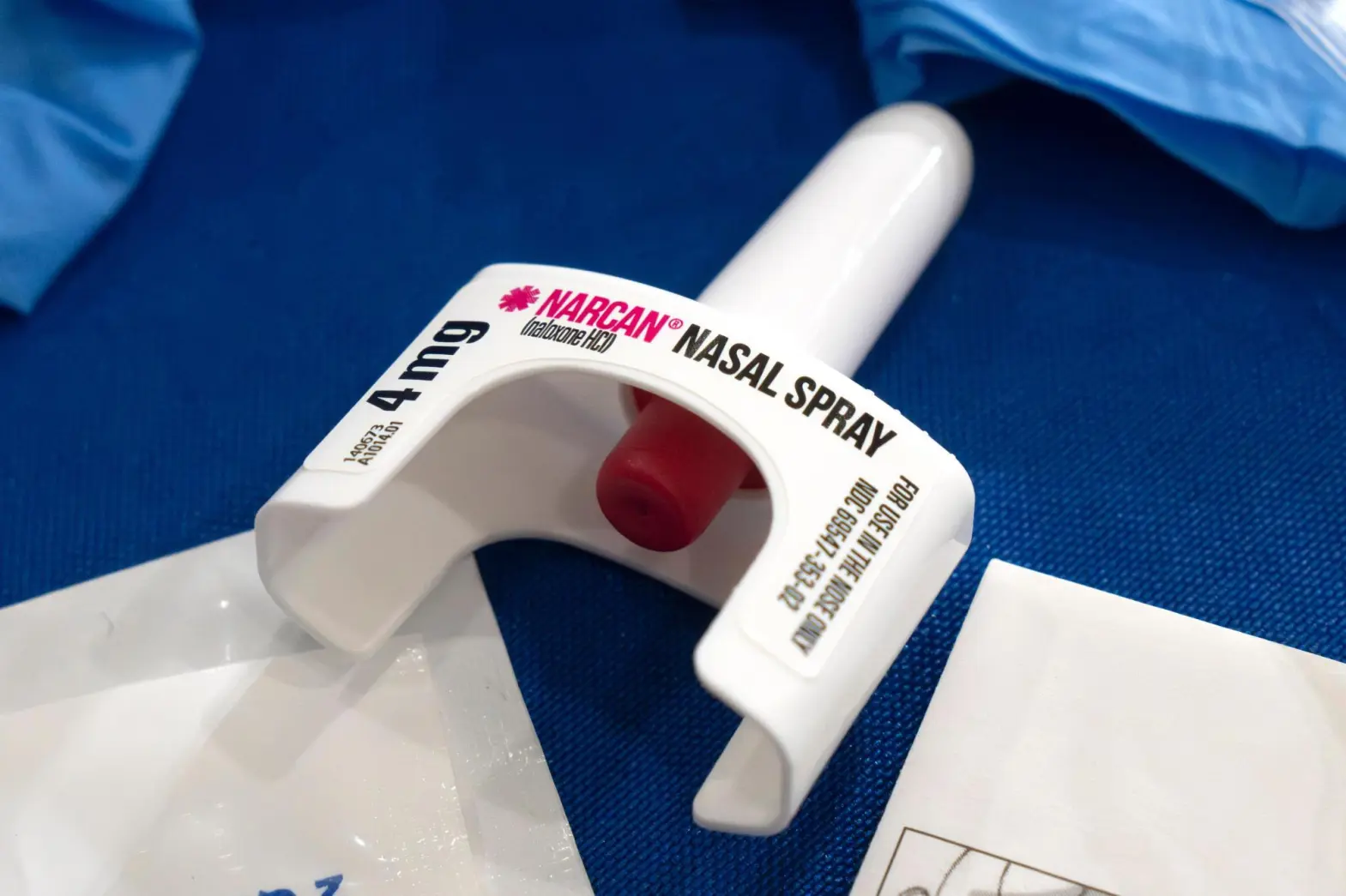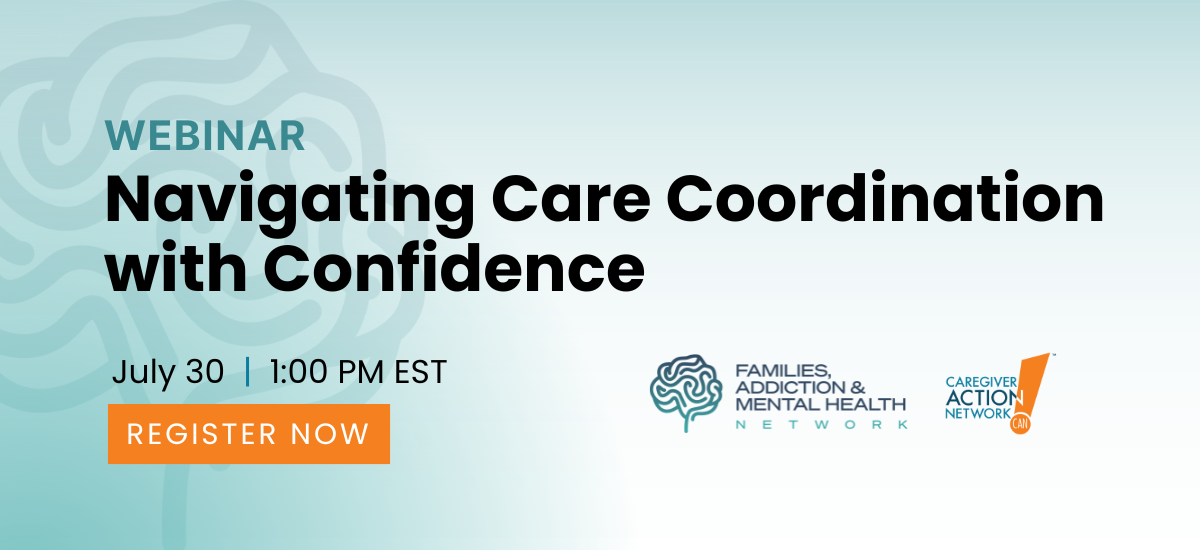Op-Ed | Overdose Reversal Agents: Expanding Access to Save Lives
Op-Ed | Overdose Reversal Agents: Expanding Access to Save Lives

The impact of the opioid crisis reaches far deeper into our communities than many realize. According to recent RAND Corporation research, more than 40 percent of Americans know someone who died from an overdose, with 13 percent reporting these deaths have significantly disrupted their lives. This stark reality demonstrates that the opioid crisis affects nearly every community across our nation.
The Growing Fentanyl Crisis: Understanding the Impact
Today’s opioid crisis has evolved into an unprecedented emergency, driven primarily by synthetic opioids like fentanyl. These dangerous substances now account for 90 percent of opioid deaths, with fentanyl overdose rates tripling since 2016. The crisis has hit young people particularly hard, with teen overdose deaths showing a dramatic increase from 2010 to 2021.
The impact of this crisis is especially severe in Black and brown communities, where access to overdose reversal medications and support services often faces additional barriers. This disparity highlights the urgent need for equitable distribution of life-saving overdose medications and comprehensive support systems.
Why Current Overdose Prevention Tools Need Enhancement
Traditional overdose reversal agents, while valuable, often prove insufficient against today’s more potent synthetic opioids. These dangerous substances remain in the system longer, frequently requiring multiple doses of life-saving overdose medications for effective treatment. The challenge isn’t just about having naloxone access – it’s about ensuring communities have the most effective and innovative FDA-approved overdose reversal drugs where they’re needed most.
Supporting First Responders in Overdose Prevention
First responders stand at the frontline of the fentanyl crisis, making it crucial to equip them with comprehensive overdose prevention tools and training. This includes:
- Access to the latest FDA-approved overdose reversal drugs
- Specialized training for synthetic opioid overdose response
- Resources for multiple-dose intervention scenarios
- Support systems for responder mental health and wellbeing
The Essential Role of Caregivers in Overdose Crisis Response
Caregivers play a vital but often overlooked role in preventing opioid overdoses and supporting recovery. These dedicated individuals need proper resources, training, and support to effectively respond to overdose emergencies. The caregiver support network becomes especially critical in communities where professional medical response times may be longer.
Moving Forward: Expanding Access to Save Lives
To effectively combat the fentanyl crisis and prevent unnecessary overdose deaths, we must implement comprehensive policies that:
- Expand community access to life-saving overdose medications
- Ensure availability of the most effective FDA-approved overdose reversal agents
- Support first responder training and resource needs
- Provide adequate support systems for caregivers
- Address disparities in access to overdose prevention resources
Take Action to Prevent Overdoses
Together, we can work to ensure that life-saving overdose reversal agents reach those who need them most. Learn more about how you can support overdose prevention in your community.
Expand access to life-saving overdose reversal agents, written by CAN CEO Marvell Adams Jr., originally appeared in the Baltimore Sun on July 10, 2024.




